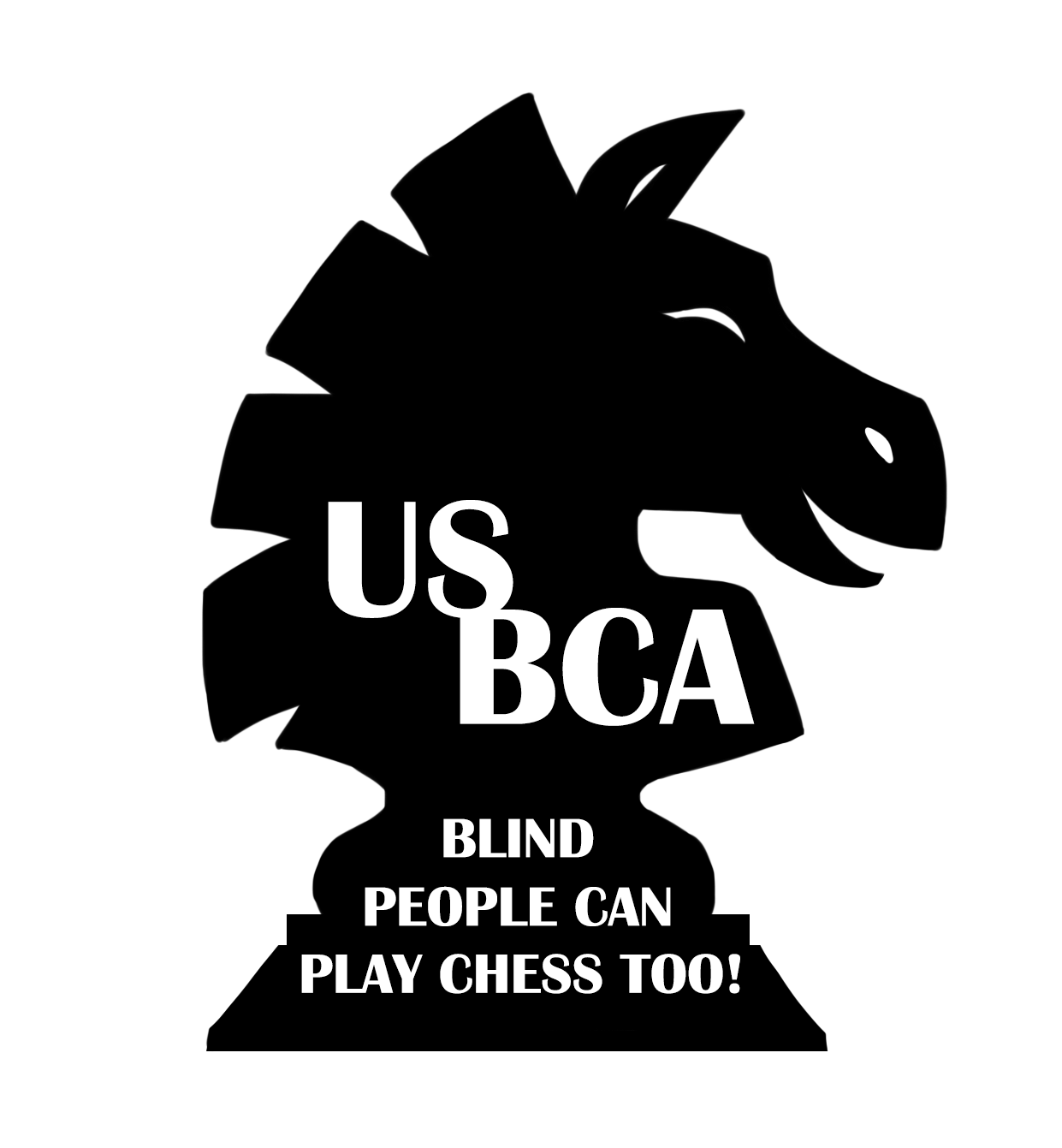Frequently Asked Questions
Here are some frequently asked questions about the United States Blind Chess Association (USBCA).
What is the history of the USBCA?
The USBCA was founded in the late 1960s. Back then, it had correspondence tournaments where people sent moves in braille by postal mail. They began holding an over-the-board tournament annually in the 1970s.
How do I get a friendly game going with another USBCA member?
You can send a message to our email list saying you are interested in playing a game, or you can contact our tournament director and ask for a suggestion of who you should play.
Tournament Director Contact Information
Please write this information down somewhere other than on your computer in case you do not have access to your computer when you need it. It is your responsibility to keep this contact information where you can access it.
- Tournament director: Mario Montalvo
- Tournament director email: superfoxpro@gmail.com
- Tournament Director cell phone (text or call): 832-997-2511
What is a chess rating and how does it work?
A chess rating evaluates your strength as a player, based on wins, losses, and draws. when a player plays his or her first correspondence game, an USBCA player begins with a rating of 1000. Points are added for a win and subtracted for a loss. The exact number of points depends on the strength of your opponent.
Am I automatically a member of some larger chess body because I'm in the USBCA?
No. The U.S. Chess Federation is the larger group in the U.S. Some of our members have joined the USCF and play in their tournaments.
What does the USBCA do with its money?
The USBCA funds have been used to contribute to the cost of our annual over-the-board tournament, an annual voluntary contribution to the Hadley School for the Blind, selected trophies and prizes for members who win tournaments, and more.
Where do I get materials on how to improve at chess?
The USBCA has a library of braille chess books for loan to members. A small number of chess books are available from the National Library Service (NLS), Learning Ally , and Bookshare. We are working to increase the number of books available. There is an enormous amount of chess material available on the web. We have some listings of resources on this site consult our Resources page.
Are there any blind chess masters in the world? Have there been any throughout history?
Yes. Al Sandrin, who died a few years ago, was a USBCA member who was a master. There are others in other countries such as our consultant Chriss Ross,a Candidate Master from the UK.
Do any of the better players in the USBCA ever help the beginners, or do they just use them for cannon fodder?
Helping each other learn is one of the major purposes of our e-mail list. A lot of helping happens privately also.
If you are a blind person, are there any tricks to analyzing chess positions you can pass on?
Take your time and focus on the board and what squares your pieces can move to. Try to figure out why your opponent made each move. What was he thinking, and how can you stop his plan.
I have this opening set of books in a bunch of Word documents. Exactly what am I supposed to do with them to help me play better?
Play through the games. Try to find a sequence of moves that you feel comfortable with starting a game. What kind of game results from an opening? If your opponent has white and plays 1 e4, what should you play?
What exactly do people do to get better at chess, and how long does it take to start winning a game once in a while?
Study materials and play games. Nothing beats practice.
What can I do to help make the USBCA better?
Volunteer to help improve the organization, and make suggestions. And keep playing chess–that is our number one purpose.
How can we best spread the word about this wonderful game to our friends who are blind?
Mention the USBCA and pointing others to this website any chance you get will help.
If you are not able to find the answer to your question, then please feel free to contact our tournament director.
